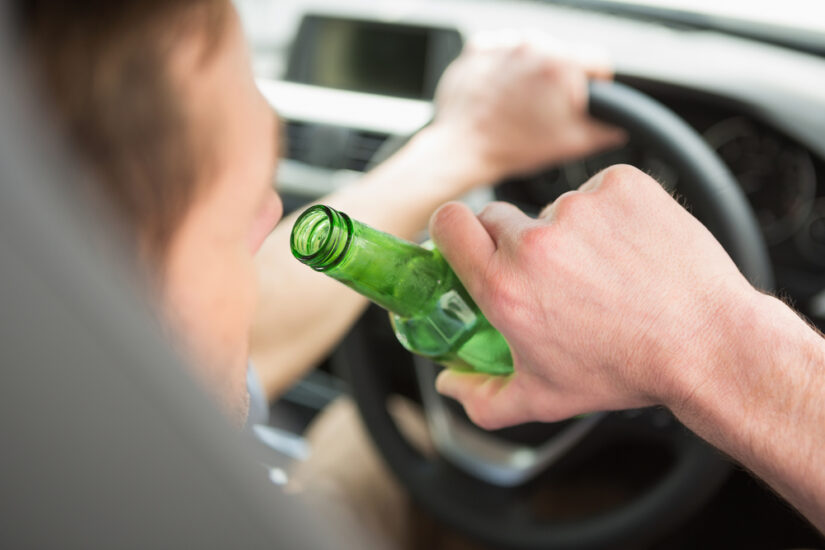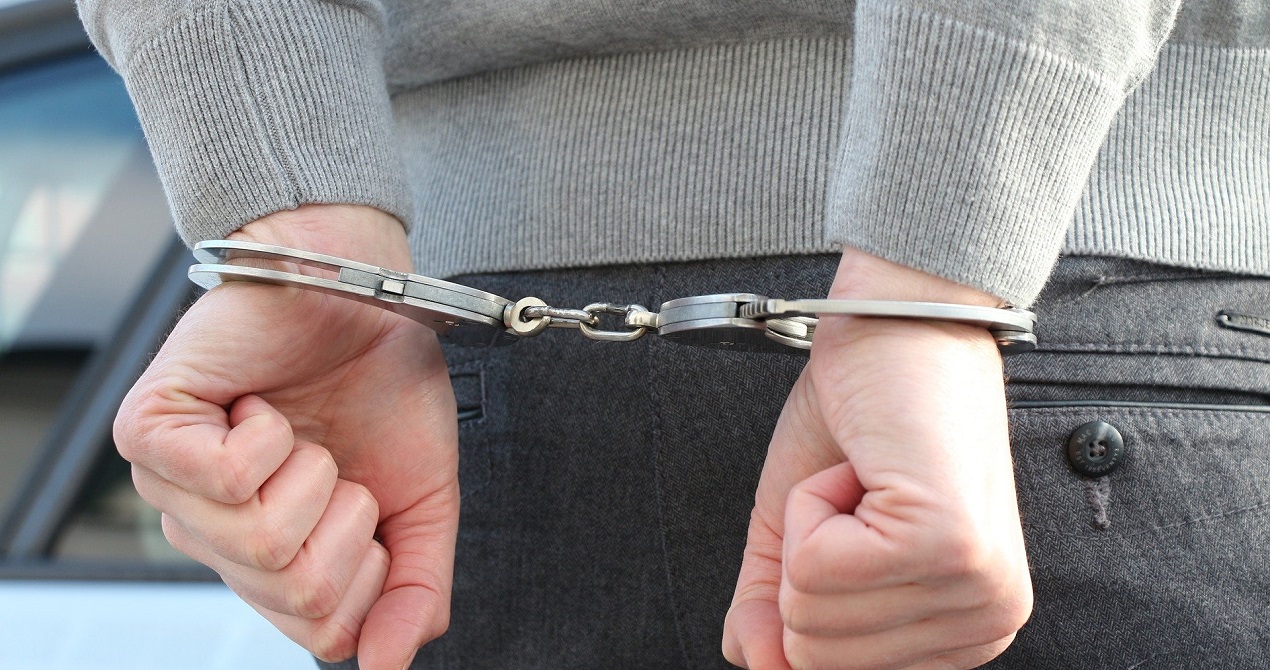Driving while intoxicated (DWI) is a serious offense that can have lasting consequences on your life. If you get pulled over late at night after leaving a bar or restaurant, it’s crucial to understand that law enforcement is actively looking for drivers who may have been drinking. Montgomery County police officers are trained to observe and identify potential DWI offenders, and their tactics can be intimidating.
We recognize the anxiety and uncertainty that come with being stopped by the police. If you are pulled over, remember to remain polite — keeping your composure can help mitigate the situation. Anger or confrontation with officers can escalate the encounter, increase the likelihood of arrest, and make your defense even tougher.
It’s important for people accused of drunk driving to know their rights during a DWI stop. Standardized Field Sobriety Tests, often administered on the roadside, are designed to be challenging regardless of your physical condition. For this reason, our criminal defense attorney advises against agreeing to these tests, as they can be misleading and are often conducted in environments that are not conducive to fair evaluation.
Most importantly, if you are questioned by law enforcement, it is your right to request to speak with a criminal defense lawyer. Officers may attempt to gather information that could be used against you, so having legal representation from an experienced criminal defense attorney is essential for a strong defense.
George Napier, the founder of Napier Law Firm, brings invaluable insight to DWI defense. Having attended the same training sessions as law enforcement officers, George understands the strategies employed during DWI investigations. His expertise as a DWI lawyer and his commitment to defending your rights make him a powerful ally in navigating the complexities of DWI charges.
We are dedicated to providing you with the skilled representation you need to achieve the best possible outcome for your case.

Driving While Intoxicated (DWI) Punishments
There’s no doubt that Texas’ reputation as a “law and order” state applies when it comes to Driving While Impaired (referred to in some states as a DUI). In Texas, you can be charged with DWI if you are either visibly impaired or your blood alcohol content (BAC) is above .08% while you are operating a vehicle. Unlike in some States, merely being at the wheel of a motor vehicle and being intoxicated is sufficient – you need not be actually moving at the time. There’s also a “zero tolerance” rule for drivers under 21 years of age; that is, having any detectable level of alcohol in the blood can lead to a DWI charge.
If you’re convicted or plead guilty, the penalties are severe for even a first offense. Texas has some of the toughest DWI laws in the United States. As set forth on the chart below, the penalties increase significantly for second and subsequent convictions. Unlike in some states in which prior convictions are ignored after a certain number of years, in Texas they stay on your record for life.
| 1st Offense | 2nd Offense | 3rd Offense | |
| Jail Time | 3 days – 6 months (1-year maximum for drivers with a BAC of .15% or more) | 30 days – 1 year | 2 – 10 years |
| Fines | $2,000 maximum (or up to $4,000 for drivers with a BAC of .15% or more) | $4,000 maximum | $10,000 maximum |
| License Suspension | 90 days – 1 year | 180 days – 2 years | 180 days – 2 years |
Note that convictions outside Texas count toward the total number of offenses. You may also be required to undergo an alcohol screening and complete various courses.
You may feel the police and prosecutor have you dead to rights. As you can see from the above pleading guilty will have far-reaching and severe life consequences. However, you do have legal options. We’ll tell you honestly whether an aggressive, strategic defense attorney may be available in your case. If you’ve been charged with DWI in the Houston area, call us at (713) 470-4097. We offer prompt appointments and free consultations. Don’t delay – call a DWI defense attorney today.
Occupational Driver’s License Information
In the Texas legal system, your driver’s license can be suspended for a number of reasons. One reason is if you refuse to provide a breath or a blood sample during a DWI investigation. According to Texas law, even if you do provide a sample but it comes back over a 0.08 BAC then your driving privileges will still be suspended. The suspension does not come from the criminal court system, but it comes from the Texas Department of Public Safety (DPS). You can a request a hearing on this suspension. You MUST request the hearing within 15 days of the refusal. To request a hearing, click here to following link and submit the form.
Your driver’s license can also be suspended if you are convicted of a drug related offense or if you are convicted of DWI. In all cases you can apply for an Occupational Driver’s License (ODL). This will allow you to drive during work hours and in order to take care of dependents. You must apply for this license and only a Judge can grant it to you. Contact us today and get started on your Occupational Driver’s License.
Possible Defenses an Experienced DWI Attorney Can Use on Your Behalf
An experienced attorney from Napier Law Firm can employ various defenses to protect your rights and challenge the prosecution’s case. In such criminal cases, one common defense is questioning the legality of the traffic stop. Did they have reasonable suspicion to give you a field sobriety test? As with other crimes, if the attorney can demonstrate that law enforcement lacked probable cause to pull you over, any evidence obtained during the stop may be deemed inadmissible in court.
Another strategy for DWI cases involves scrutinizing the administration of field sobriety tests. These tests can be subjective and are often influenced by external factors such as weather conditions or the driver’s physical state. If the defense lawyer can show that the tests were improperly conducted or that the results were unreliable, it can weaken the prosecution’s case.
Additionally, your Texas DWI attorney may challenge the accuracy of breathalyzer or blood tests. Calibration issues, improper handling, or medical conditions affecting the results can all serve as valid defenses.
Finally, an experienced DWI lawyer will explore potential plea bargain options, aiming for reduced charges or penalties. By leveraging our knowledge of DWI laws and courtroom procedures, we work diligently to secure the best possible outcome, whether that means a dismissal of charges, reduced penalties, or alternative sentencing options.
Contact Us After a Montgomery County Drunk Driving Arrest
If you or a loved one has been arrested for drunk driving, it’s crucial to act swiftly. A Texas DWI conviction can have severe consequences, including hefty fines, license suspension, and even jail time. Navigating the complexities of criminal defense cases requires the expertise of a skilled attorney who understands the intricacies of criminal matters. We are dedicated to providing you with the robust defense you need to challenge the criminal charges against you.
Don’t leave your future to chance, as even the first DWI can have far-ranging affects on your life. By contacting us, you’ll gain access to experienced legal representation that can help protect your rights and explore all possible defenses. We will work tirelessly to build a strong case on your behalf, aiming to reduce the impact of a DWI arrest on your life. Remember, the sooner you reach out, the better your chances of achieving a favorable outcome.
Let us help you navigate this challenging time with confidence. Contact our legal team today to schedule a consultation and take the first step toward securing your future after a drunk driving arrest in Montgomery or the surrounding counties.
